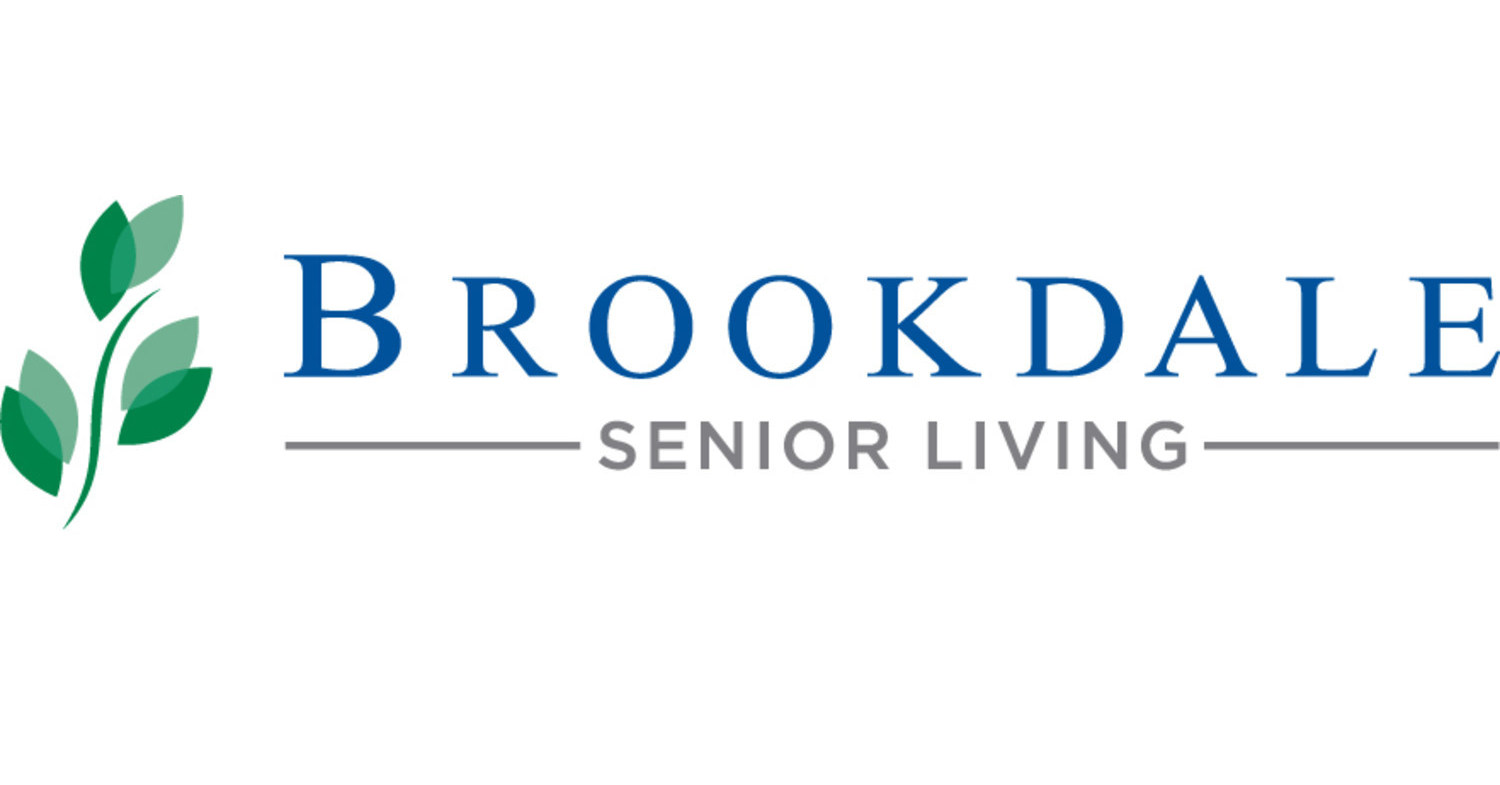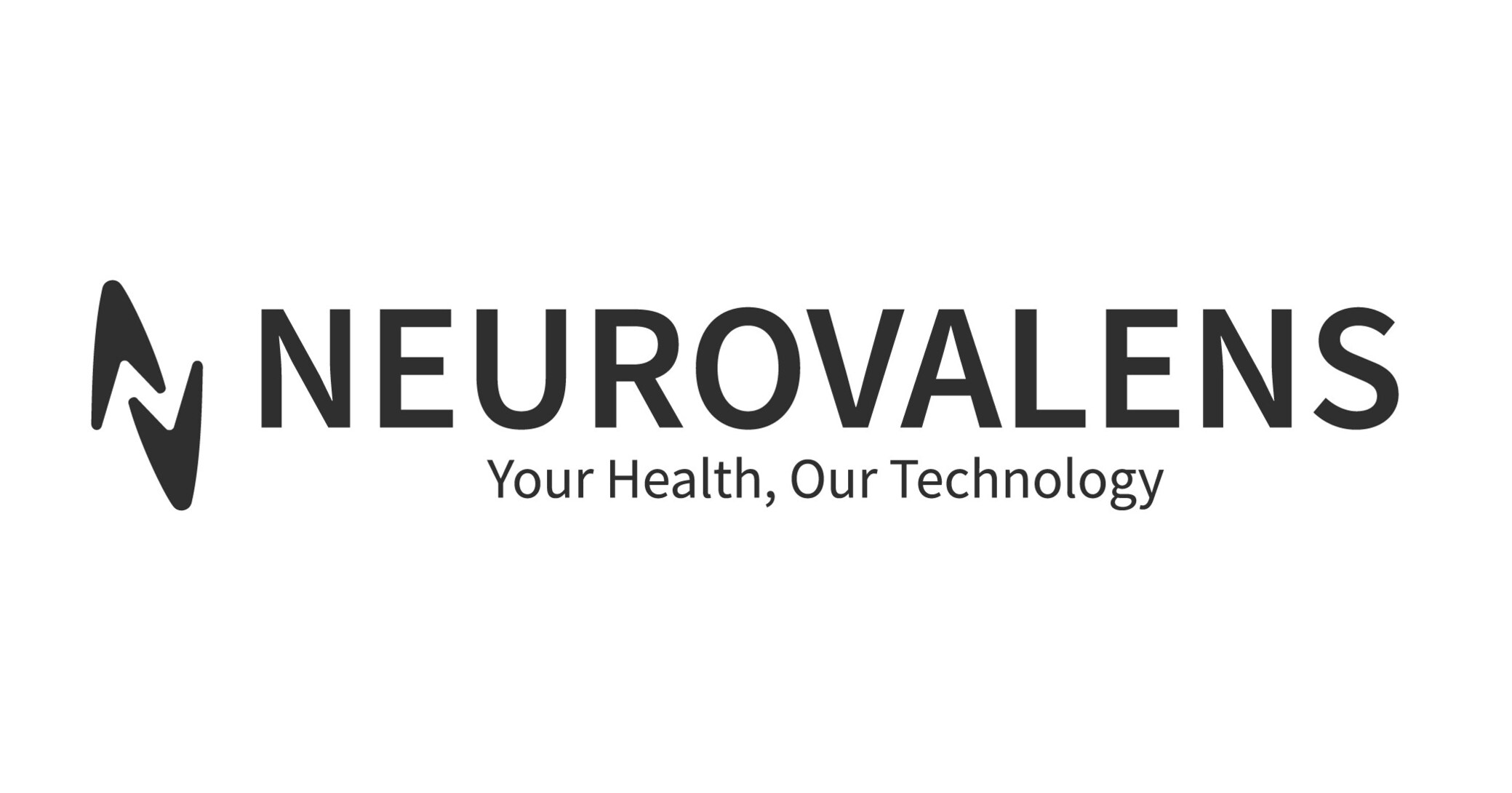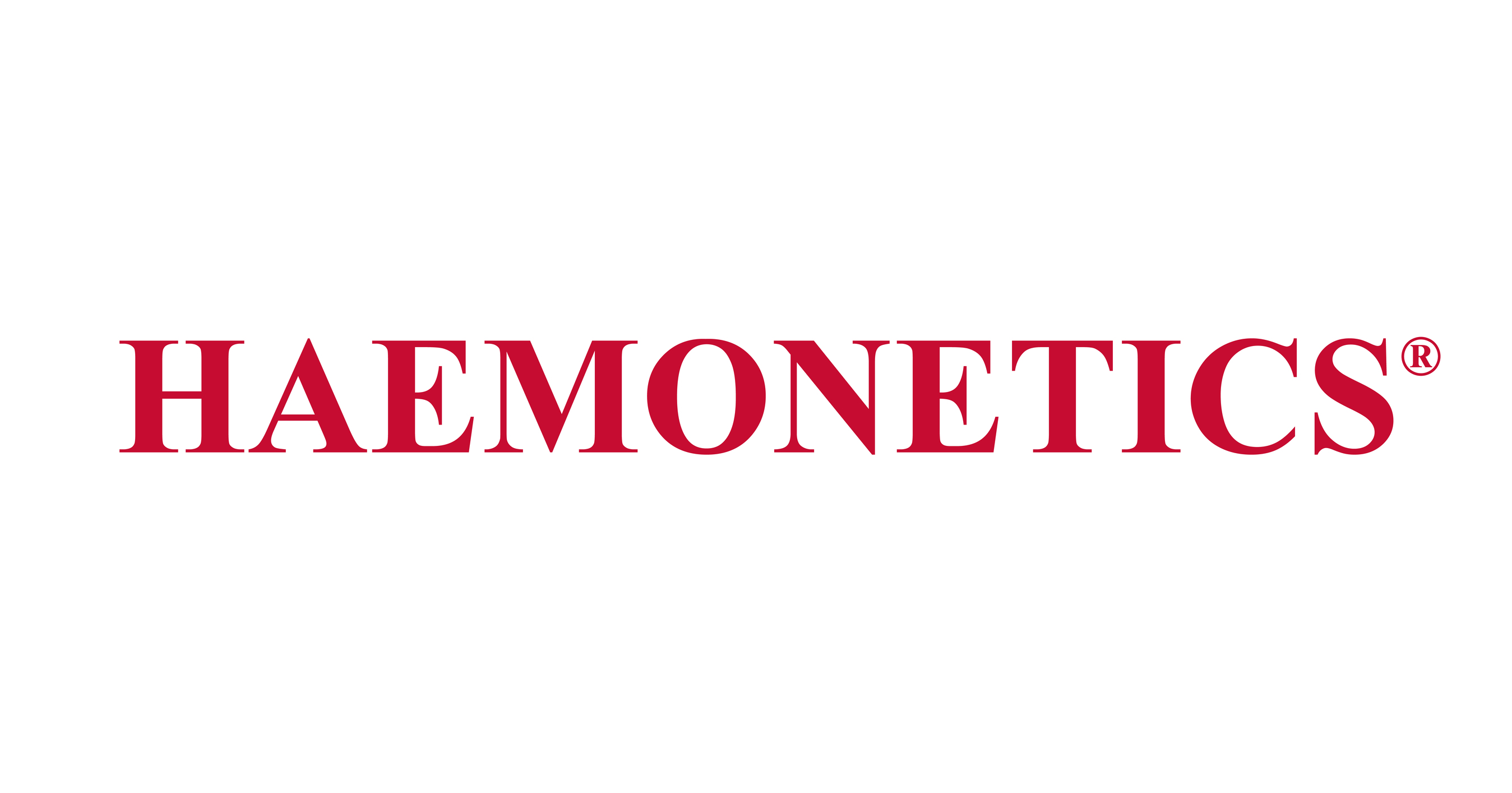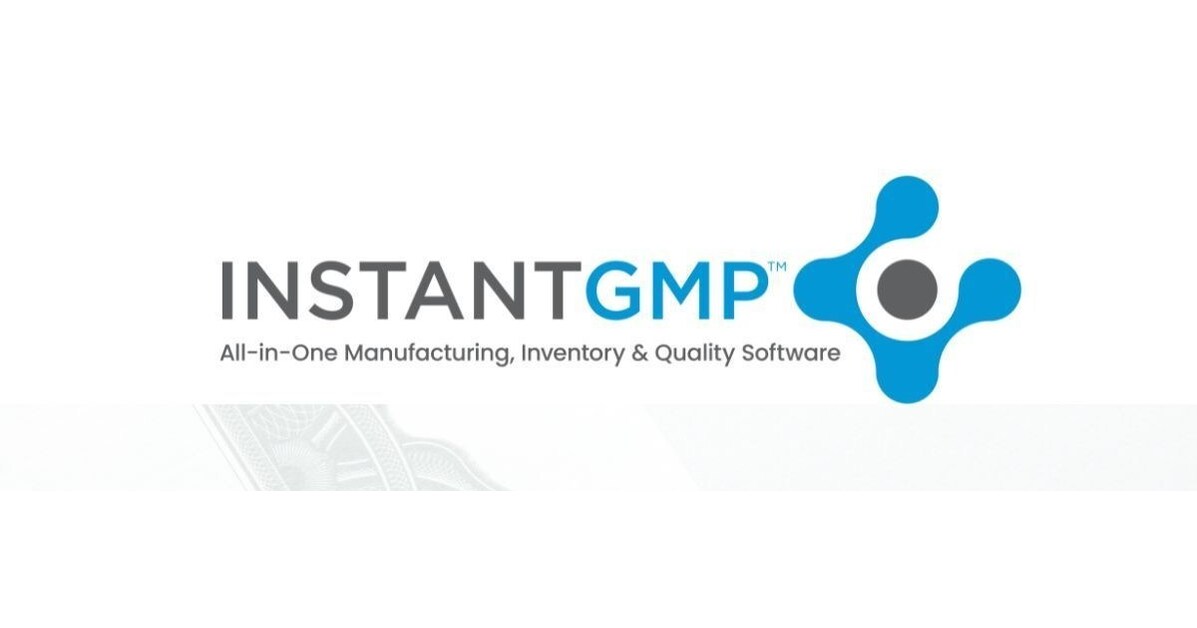Expanded Medicaid/CHIP Continuous Eligibility for Children, Step Therapy Reforms, and
Out-of-Pocket Prescription Cost Protections Among 2024 State Improvements
, /PRNewswire/ -- The National Organization for Rare Disorders (NORD®) today issued its 10th annual State Report Card, which grades all U.S. states on nine critical issues that impact the more than 30 million Americans living with a rare disease. The 2024 State Report Card noted several key improvements that have the potential to increase patient access to affordable care and treatment.
"As state legislative sessions get underway, NORD's latest State Report Card provides a crucial benchmark to monitor how well states serve their rare disease communities," said NORD Chief Executive Officer Pamela Gavin. "NORD remains steadfast in our commitment to collaborate with all lawmakers, experienced and newly elected, to protect and enact policies that help people impacted by rare disease live their fullest and best lives. We will continue to build on our legacy of more than 40 years of nonpartisan advocacy for the 1 in 10 Americans and their families living with rare disease."
Notable Improvements
Medicaid/CHIP Continuous Eligibility for Children Rule
Effective January 1, 2024, all states were required to provide 12 months of continuous eligibility for children under the age of 19, with limited exceptions. The new rule provided a dramatic increase in continuous eligibility and reduces bureaucratic barriers to care for children on Medicaid and the Children's Health Insurance Program (CHIP). Additionally, five states (Colorado, Hawaii, Minnesota, New York and Pennsylvania) received approval for Section 1115 waivers to further extend continuous eligibility for qualifying individuals.
Step Therapy Reforms
Illinois in 2024 passed a new law that banned step therapy, a practice that insurance plans use to require patients to try less expensive or alternative medicines before the drug prescribed by their physician. Overall, the number of states with some form of step therapy protection increased to more than 40 last year as Vermont and Wyoming passed patient-friendly reforms to their protocols. These actions help ensure step therapy requirements don't delay or interfere with necessary care
Out-of-Pocket Prescription Cost Protections
Four states implemented out-of-pocket prescription drug cost protections in 2024 to help increase patient access to affordable treatment. Rhode Island instituted a $150 cap on patient out of pocket costs for specialty tier prescription medicines, while Vermont, Oregon and Nevada banned copay accumulator adjustment programs. Thanks to these new laws, patients in these three states are guaranteed to have their copay assistance funds counted toward their deductible or out-of-pocket maximum, helping to reduce a patient's financial burden.
Additional Accomplishments
- Harmful waivers expired that unnecessarily restricted, limited or denied access to health care for Medicaid patients in Indiana, Michigan, Mississippi, New Hampshire, Utah and Wisconsin.
- Twenty states added conditions to their newborn screening panels to further align with the federal Recommended Uniform Screening Panel (RUSP).
- Florida became the 40th state to join the Interstate Medical Licensure Compact (IMLC), which makes it easier for physicians to practice in multiple states and increases patient access to rare disease experts via telehealth.
- Thirty states now have Rare Disease Advisory Councils (RDACs) to elevate and address the needs of their rare disease communities. In 2024, Mississippi and California passed laws to establish RDACs; the Michigan Department of Health & Human Services also launched an RDAC. At least nine more states are expected to introduce RDAC legislation in 2025.
"These achievements would not have been possible without the tremendous efforts of the rare disease community, state leaders, and lawmakers striving to improve the lives of patients and families impacted by rare disease," said Heidi Ross, NORD Vice President, Policy and Regulatory Affairs. "We are dedicated to working with all policymakers to build on the collective progress achieved by our community and hope this State Report Card will serve as an important tool to advocate for the loved ones in each of our states affected by rare diseases."
Policy Issue State Grades
NORD has published an annual State Report Card since 2015. To compile its latest edition, NORD evaluated performance data available through November 2024. These are just a few of the many complex issues that impact the lives of people living with rare disease and their families.
Medicaid Financial Eligibility
A: 11, B: 31, C: 0, D: 9, F: 0
(Including Washington, D.C.)
Medical Nutrition
A: 2, B: 17, C: 18, D: 8, F: 5
Newborn Screening
A: 12, B: 32, C: 7, D: 0, F: 0
(Including Washington, D.C.)
Prescription Drug Out-of-Pocket Costs
A: 13, B: 13, C: 23, D: 0, F: 2
(Including Washington, D.C.)
Protecting Patients in State Medicaid Programs
Pass: 37
Fail: 14
(Including Washington, D.C.)
Protecting Patients in State-Regulated Insurance
A: 16, B: 3, C: 3, D: 5, F: 24
(Including Washington, D.C.)
RDACs
Yes: 30
No: 20
Step Therapy (Fail First)
A: 22, B: 7, C: 5, D: 2, F: 15
Telehealth
Pass: 40
Fail: 10
Learn more about how NORD evaluates each of these issues and view each state's grade at State Report Card.
About the National Organization for Rare Disorders (NORD)
With a 42-year history of advancing care, treatments, and policy, the National Organization for Rare Disorders (NORD) is the leading and longest-standing patient advocacy group for the 30 million Americans living with a rare disease. A nonpartisan, independent 501(c)(3) nonprofit, NORD is dedicated to individuals with rare diseases and the organizations that serve them. NORD, along with its more than 350 patient organization members, is committed to improving the health and well-being of people with rare diseases by driving advances in care, research, and policy.
SOURCE National Organization for Rare Disorders (NORD®)

WANT YOUR COMPANY'S NEWS FEATURED ON PRNEWSWIRE.COM?
![]()
440k+
Newsrooms &
Influencers
![]()
9k+
Digital Media
Outlets
![]()
270k+
Journalists
Opted In
.png)
 German (DE)
German (DE)  English (US)
English (US)  Spanish (ES)
Spanish (ES)  French (FR)
French (FR)  Hindi (IN)
Hindi (IN)  Italian (IT)
Italian (IT)  Russian (RU)
Russian (RU)  4 days ago
7
4 days ago
7









Comments